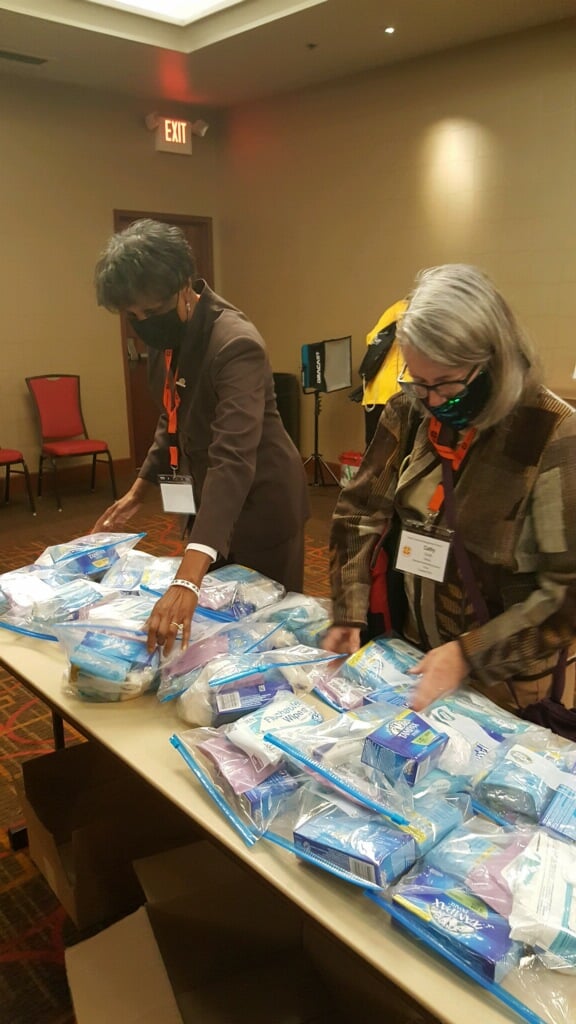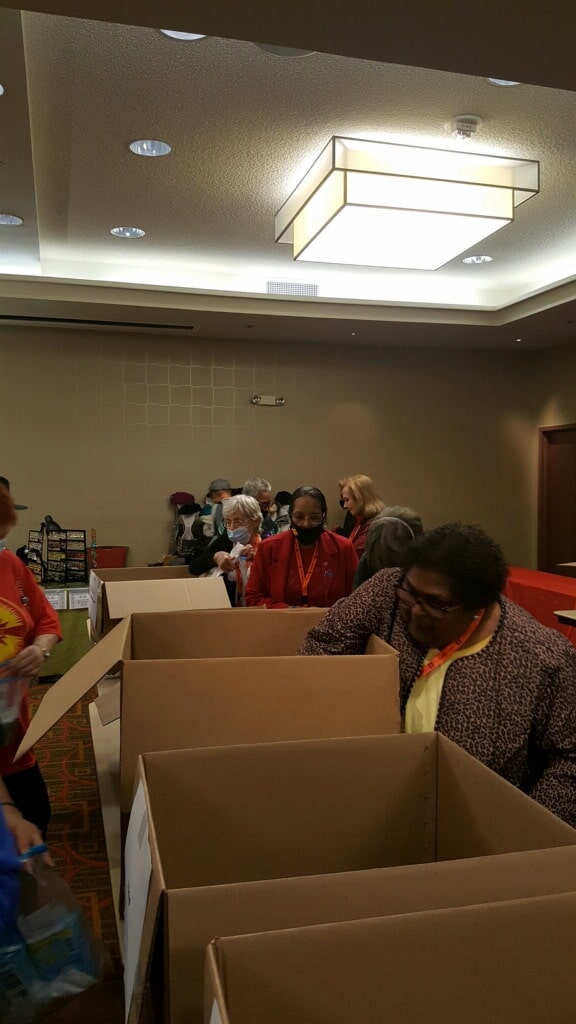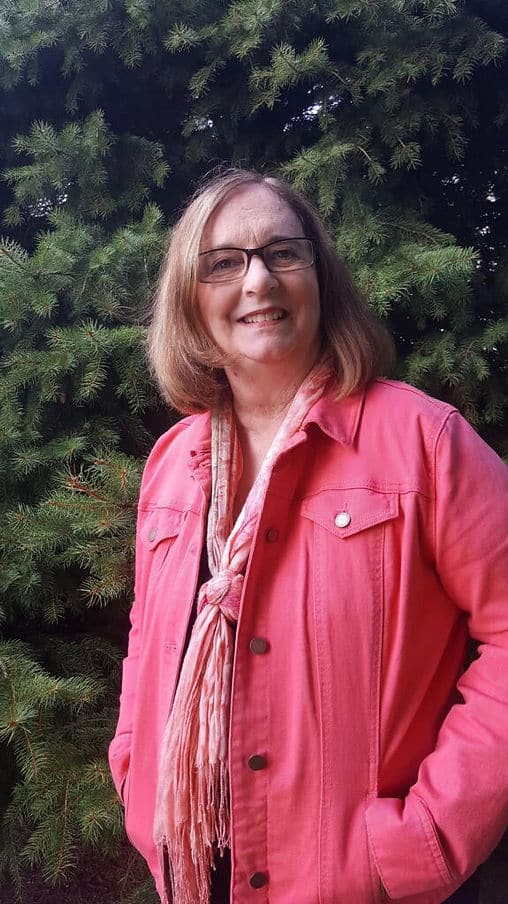Let’s Talk Openly about Menstrual Cycles
I was lucky. My mother did not want me to be frightened as she had been in her youth. Well before my first menstrual period, she took time to sit in my bedroom and talk with me about becoming a woman. She shared a booklet about what happens when a girl “gets her period.” She gave me a sanitary napkin and belt enclosed in a special cloth envelope to keep hidden in my dresser for when the time came. While she said getting your period was a natural thing, our conversation was anything but natural. It was the only time my mother talked with me behind the closed door of my bedroom. As I witnessed my friends’ reactions to their first menstrual periods, it was clear that having your period was embarrassing. The message was clear – you are a woman now and it is embarrassing.
Years later I learned second-hand about period poverty from young women while serving in the Peace Corps. Women didn’t speak openly about their menstrual cycle, but there were telltale signs of “the curse.”
Rev. Carol Shanks Carol Shanks

Years later I learned second-hand about period poverty from young women while serving in the Peace Corps. Women didn’t speak openly about their menstrual cycle, but there were telltale signs of “the curse.” Because disposable sanitary supplies were expensive, most women scrubbed their bloodied rags in the river, getting ready for the next monthly visit. Some women chose to stay inside their houses when bleeding. Older women would gather roots and herbs to make teas for their daughters and grand-daughters to relieve the pain of cramps.
Young teens missed school during “their time of the month.” There were rarely adequate sanitary supplies in their home. Their walk to school could be dangerous with the smell of blood attracting the stray dogs of the village. And students definitely did not want to ‘soil’ their one and only school uniform with blood.
There was one particular side effect of period poverty that could last a lifetime. Missing days of school each month meant you missed lessons. Missing lessons meant you may not do as well on your tests which determined whether you could progress to secondary school. This lack of further education paved a road of continued poverty for young women.

Years later back in the United States, I served as pastor in a low-income community where period poverty had similar ramifications. Aware of this gender injustice, our congregation began providing sanitary supplies and new underwear to school counselors and nurses to assist teens with their menstrual needs.
Every church in every community can begin by providing free sanitary supplies in their restrooms. The message is clear to young girls and women – your journey matters. Then speak up and advocate for legislation that honors and respects the rights of all women. PERIOD.
Resources
Church World Services Menstrual Hygiene Kits (Period Packs)
UCC matching grants to assemble CWS Period Packs
——————————————————

| Rev. Carol Shanks (she, her, hers) served as a UCC pastor in urban and rural areas of the Midwest as well as serving as Associate Dean of Students and Director of Contextual Education at Eden Theological Seminary. Her Peace Corps experience on the island of Dominica was pivotal in her faith formation. Currently, she is creating a collaborative www.yourjourneymatters.net while also focusing on advocacy and partnership with those experiencing hunger and homelessness. |
Related News
What Can We As Churches Do to Care for God’s Creation?
As Christians, we are called to care for all of creation: land, water, air, animals, plants,...
Read MoreIn Midst of Anti-Immigrant Discourse, People of Faith Must Offer a Prophetic Welcome
In the midst of the 2024 presidential election, anti-immigrant rhetoric is on the rise. A...
Read MoreJPANet February 2024 Newsletter
Happy new year advocates! Each month we ask UCC advocates to help us unpack the complex...
Read More
